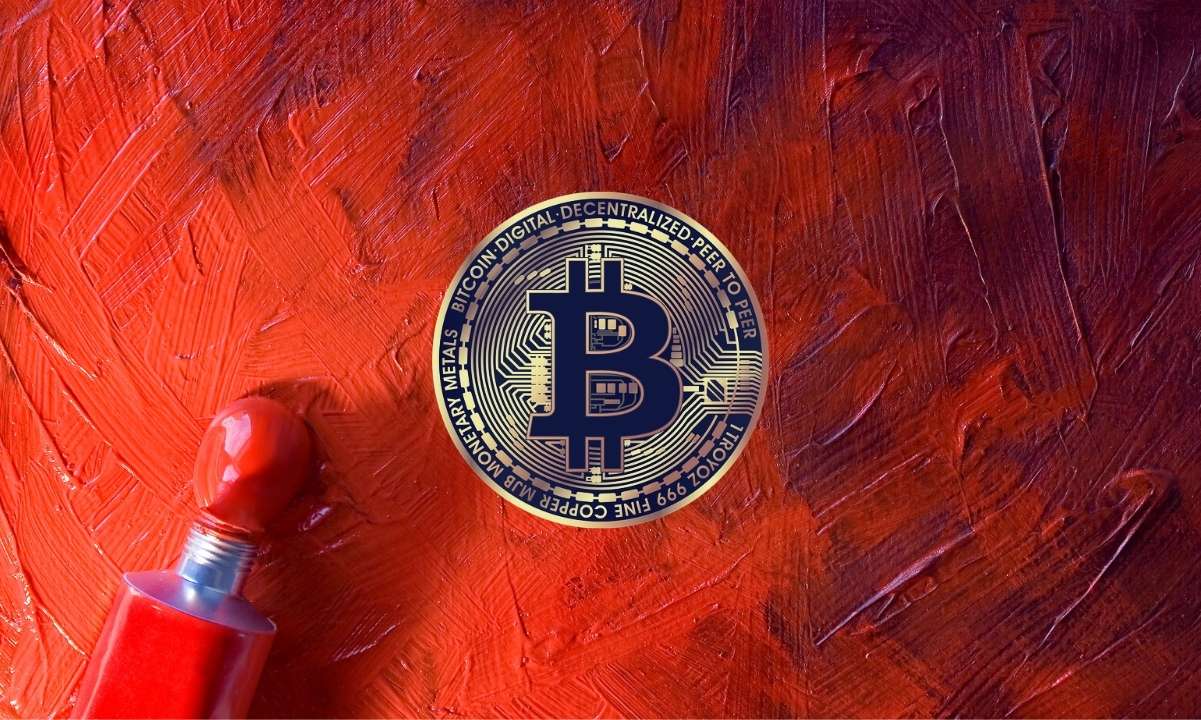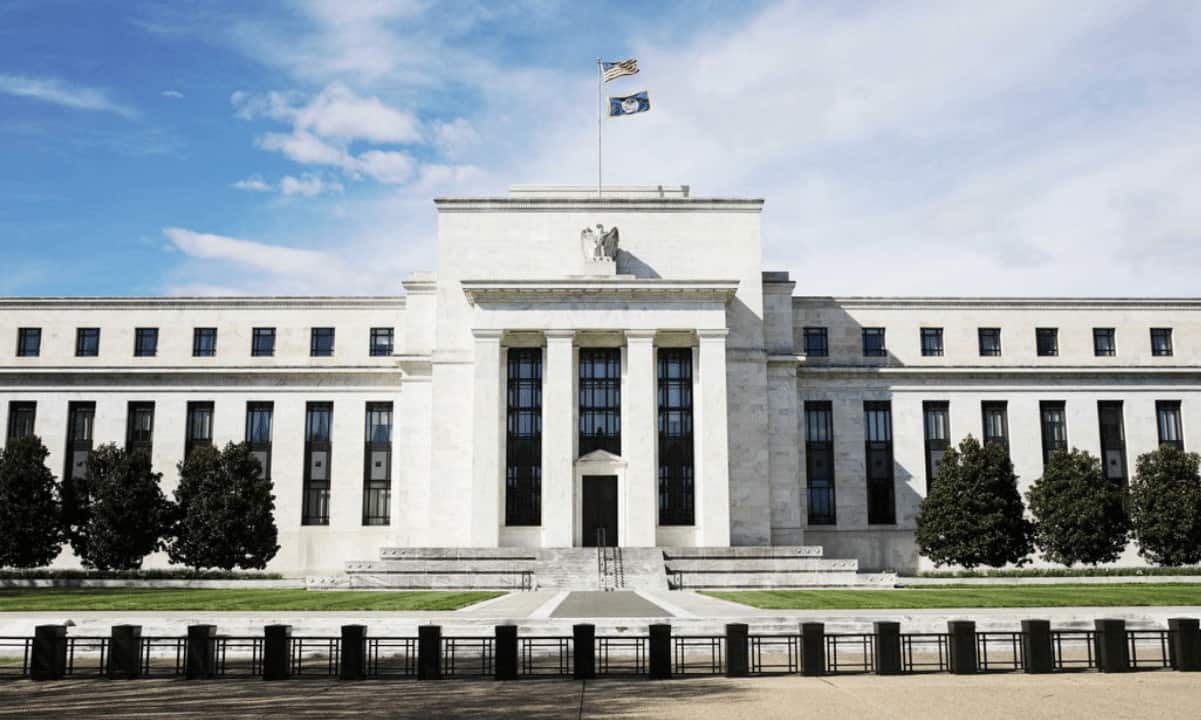Brazilian CBDC Could Reportedly Allow Government to Freeze or Manipulate Accounts
Brazil has been developing a CBDC for some time now. If all goes according to plan, the digital Real will be launched sometime in 2024.
Once launched, it would support retail payments for anyone inclined to use it, backing up the payment with funds in the users’ bank accounts.
Planning Ahead
The Brazilian CBDC would not, however, interfere with other payment methods common in Brazil, such as Pix.
According to a spokesman for the Brazilian government, the decision to push on with the CBDC project was taken in order to open up new avenues for technological improvement. The digital Real could also potentially reduce the cost of credit and other customer-facing financial products, allowing the banks to reach a wider customer base.
“This could reduce the cost of credit, the cost of improving the return on investments. There is a great potential for new service providers, fintech, democratizing access to the market and offering new services.”
Unfortunately, the current iteration of the Brazilian CBDC contains some interesting code that could allow the government to directly interfere with users’ wallets.
Possible Attack on Privacy
Although there is no shortage of CBDC advocates, many in the tech sphere have long been suspicious of government-backed digital currencies. According to critics, a CBDC removes the beneficial aspects of decentralization and anonymity from cryptocurrencies, essentially transforming them into the same abstract figure shown in your bank balance.
Digital currencies would therefore subject to fractional lending and similar practices, with no real incentive for consumers to use them.
An overreaching government, however, would probably be very interested in technology that would keep a permanent and immutable list of financial transactions.
5/ In addition to operations such as “minting” Real Digital tokens and enabling/disabling target accounts, explained in the documentation, a developer found other functions by applying reverse engineering techniques to the material made available by the Central Bank.
— Vini Barbosa (@vinibarbosabr) July 10, 2023
After reviewing the source code for the digital Real, full-stack developer Pedro Magalhães submitted his findings on LinkedIn.
According to Magalhães, the source code contains some interesting functions that would allow the government to directly freeze and unfreeze accounts, move, create, and burn CBDC tokens in someone else’s account, and transfer assets on the user’s behalf.
Although these functions might only be used in order to help banks offer loans and other financial products to customers or to track down financial crime, there are also much more sinister possibilities.
For the moment, no comment on the matter has been made by any representative of the Brazilian government.
The post Brazilian CBDC Could Reportedly Allow Government to Freeze or Manipulate Accounts appeared first on CryptoPotato.









